Sport Athletes Speak Out About Social Issues Beyond the Game
Should Athletes Speak Out on Social Issues
Do They Have the Right — Or the Responsibility
The Athlete’s Voice in a Fractured World
Athletes today operate in a hyper-visible ecosystem — where every action is amplified across digital and cultural platforms. Their influence extends beyond performance — shaping public discourse on justice, identity, and ethics. In a world marked by polarization and inequality — silence is rarely neutral. Athletes are no longer just competitors — they are symbolic figures embedded in global narratives. Their statements can catalyze change — or reinforce dominant power structures. The question is not whether they can speak — but whether they should. Historical precedent shows that sport has always intersected with politics — from Olympic boycotts to racial justice protests. The moral weight of visibility demands reflection — not detachment.
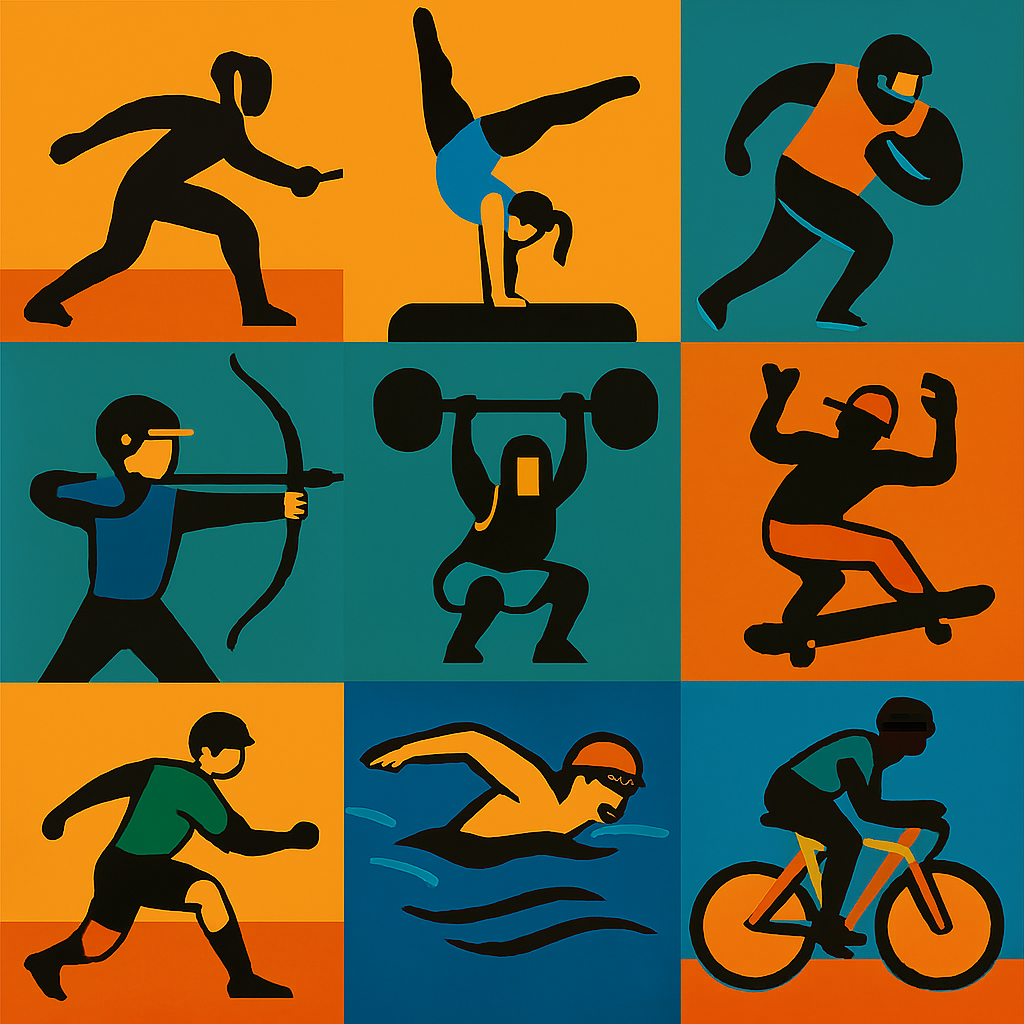
Historical Precedent — When Silence Was Not an Option
Muhammad Ali’s refusal to serve in Vietnam was rooted in religious conviction and racial critique — costing him his title but elevating his legacy. Tommie Smith and John Carlos used the 1968 Olympic podium to protest racial injustice — sparking global debate. Billie Jean King fought for gender equity in tennis — founding the Women’s Tennis Association and advocating for equal pay. These athletes faced institutional backlash — but their actions reshaped cultural norms. Sport has long been a site of resistance — not just entertainment. Jackie Robinson’s integration of Major League Baseball challenged segregation — decades before civil rights legislation. Martina Navratilova’s LGBTQ+ advocacy broke silence in a conservative era — risking sponsorship and reputation. These figures remind us that athletic platforms can be leveraged for justice — not just fame. Their courage was not performative — it was transformative. History validates their choices — even when contemporaries condemned them.
The Platform Effect — Visibility as Power
Modern athletes command global audiences — often surpassing traditional media outlets in reach and trust. LeBron James has used his platform to advocate for voting rights — education reform — and racial justice. Serena Williams’ advocacy for maternal health among Black women has influenced medical discourse and policy. Naomi Osaka’s mental health stance reshaped expectations around athlete vulnerability and press obligations. Visibility creates influence — and influence carries ethical weight. Athletes are often more trusted than politicians — especially among younger demographics. Their statements can mobilize movements — challenge misinformation — and shift cultural norms. The platform effect is structural — not accidental — shaped by sponsorships, media coverage, and algorithmic amplification. With visibility comes scrutiny — but also opportunity. The question is not whether athletes should speak — but how they navigate the power they hold.
Legal Rights — Free Speech and Contractual Boundaries
In democratic societies — athletes possess the same speech rights as any citizen under constitutional law. The First Amendment in the United States protects speech from government censorship — but not from employer retaliation. Professional contracts often include morality clauses — allowing leagues or sponsors to penalize speech deemed harmful to brand reputation. Colin Kaepernick’s protest against police brutality led to alleged blacklisting — sparking legal and ethical debates. FIFA and the International Olympic Committee have rules discouraging political gestures — though enforcement is inconsistent. Legal protections exist — but are shaped by institutional power and public pressure. Athletes must navigate a complex terrain — balancing personal conviction with professional risk. Labor unions and player associations increasingly advocate for speech rights — but structural barriers remain. The law protects speech — but not from economic or reputational consequences. Understanding these boundaries is essential for informed and strategic activism.
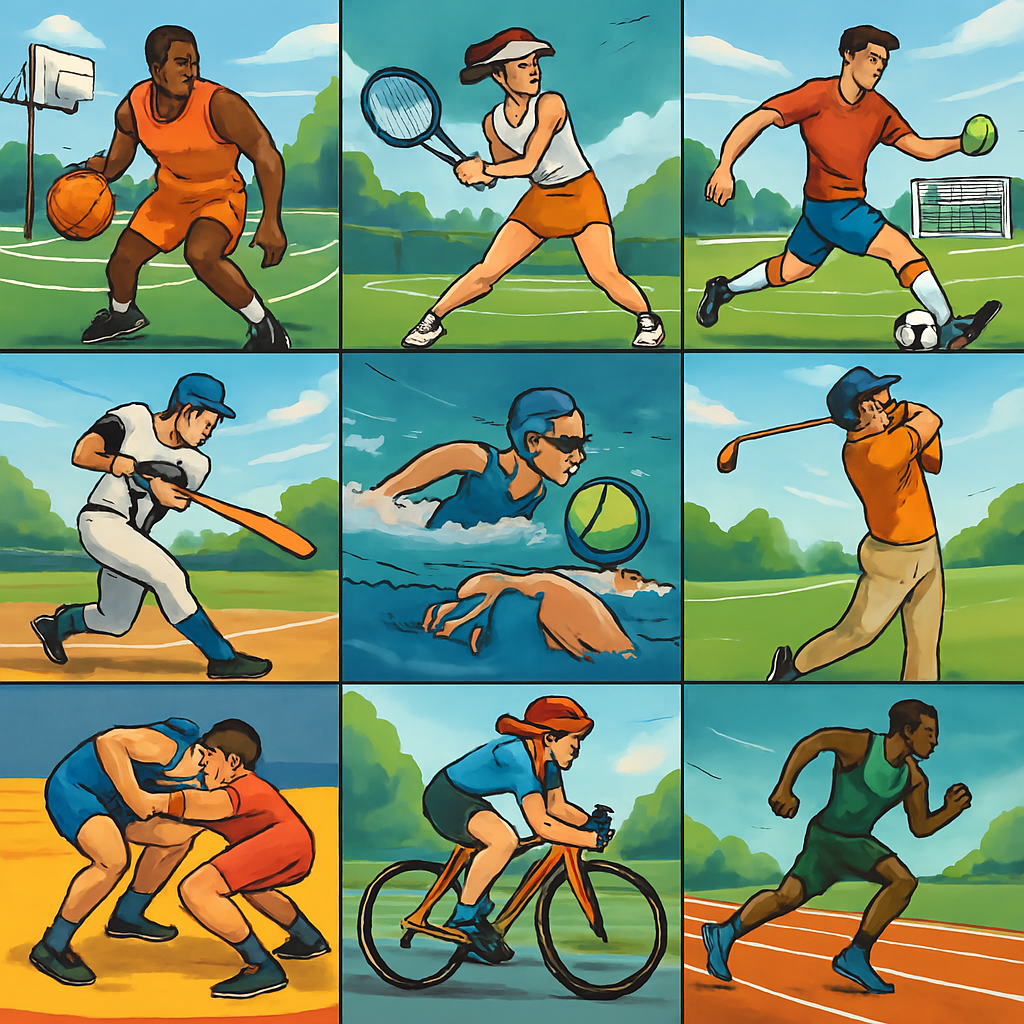
Public Expectation — Fans and the Politics of Identity
Fans often project personal values onto athletes — expecting either alignment or silence. Some seek escapism — others demand representation and moral clarity. When athletes speak out — reactions vary based on issue, identity, and timing. Megan Rapinoe’s LGBTQ+ advocacy drew both praise and backlash — reflecting cultural divides. Marcus Rashford’s campaign against child hunger in the UK won bipartisan support — reshaping public policy. Public expectation is not monolithic — it is fractured and emotionally charged. Athletes become symbols — whether they intend to or not — and their silence can be interpreted as complicity. Navigating fan expectations requires emotional intelligence — strategic clarity — and cultural awareness. The politics of identity shape every reaction — from endorsement deals to media framing. Athletes must decide whose expectations they prioritize — and what values they choose to embody.
Economic Implications — Sponsorship and Market Risk
Speaking out can affect endorsements — both positively and negatively. Brands often prefer neutrality — but some embrace activism as part of their identity. Nike’s support of Colin Kaepernick boosted sales and sparked global debate — showing that values-driven branding can be profitable. Silence can also be risky — especially during moments of social upheaval. Consumers increasingly demand ethical alignment from public figures — influencing purchasing behavior and brand loyalty. Athletes who speak may lose deals — but gain long-term credibility and cultural relevance. Economic consequences are real — but not always negative — and often depend on timing and issue. The market is shifting — with younger consumers valuing authenticity and social impact. Athletes must weigh short-term financial risk against long-term legacy and influence. Economic freedom often determines who can afford to speak — and who cannot.
Psychological Toll — Activism and Mental Health
Speaking out invites scrutiny — backlash — and emotional strain. Athletes face online abuse — media distortion — and institutional pressure. Naomi Osaka cited mental health concerns when withdrawing from press duties — sparking global conversations about athlete well-being. Simone Biles prioritized psychological safety over Olympic medals — challenging norms of sacrifice and performance. Activism adds pressure to already intense careers — requiring resilience and support. The toll is not just public — it is deeply personal and often invisible. Athletes must balance advocacy with self-care — recognizing that mental health is strategic — not optional. Institutions must evolve to support activist athletes — offering therapy, peer networks, and safe spaces. The psychological cost of silence can be just as high — especially when values are compromised. Mental health is not weakness — it is a foundation for sustainable impact.
Intersectionality — Race, Gender, and Power
Athletes of color face different risks than white counterparts — often punished more harshly for protest. Black athletes are disproportionately targeted for political speech — reflecting systemic bias. Women athletes face gendered backlash — often dismissed, sexualized, or ignored. LGBTQ+ athletes risk outing, exclusion, or violence — especially in conservative cultures. Intersectionality shapes who can speak — how they are heard — and what consequences they face. Allyship within sport is uneven — but growing — with some leagues offering education and support. Understanding these dynamics is essential for ethical discourse and strategic solidarity. Power is not distributed equally — nor is risk — and activism must be contextual. Intersectional awareness deepens empathy, resilience, and coalition-building. Sport reflects — and amplifies — societal inequalities — making intersectionality a core lens for analysis.
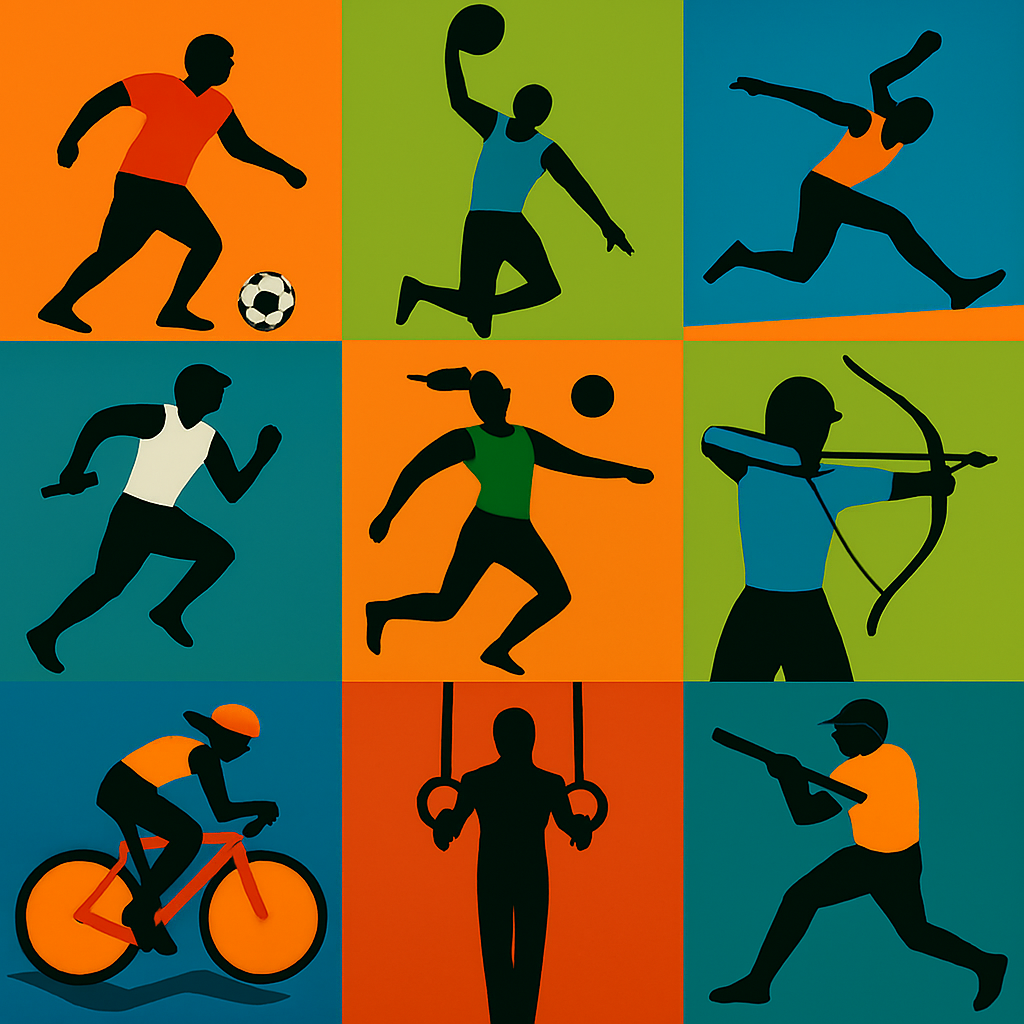
Institutional Response — Leagues and Governance
Sports institutions vary widely in their tolerance for athlete activism — shaped by governance models, cultural context, and commercial interests. The NBA has historically supported player-led initiatives — including racial justice campaigns and mental health awareness. The NFL’s response to Colin Kaepernick’s protest was more punitive — sparking criticism and calls for reform. The International Olympic Committee enforces Rule 50 — which prohibits political gestures during competition — though enforcement has been inconsistent. FIFA has penalized players for human rights statements — while others have gone unpunished. Some leagues now offer educational programs on social justice — aiming to support informed expression. Governance structures often prioritize brand protection over ethical engagement — creating tension between athletes and institutions. Player unions have begun advocating for speech rights — but institutional inertia remains a barrier. The evolution of league policies reflects broader societal shifts — from silence to strategic engagement. Institutional support is essential for sustainable athlete activism — but must be rooted in ethical accountability.
Media Framing — Narrative Control and Bias
Media coverage plays a pivotal role in shaping public perception of athlete speech — often reinforcing bias and ideological framing. Activist athletes are frequently labeled as “controversial” — regardless of the content or context of their message. Coverage varies by outlet — with conservative media often portraying activism as divisive — while progressive outlets may celebrate it. Black athletes are disproportionately framed as angry or disruptive — while white athletes are more likely to be seen as principled or brave. Women athletes face infantilization — sexualization — or erasure — depending on the issue and platform. LGBTQ+ athletes are often tokenized — with coverage focusing on identity over message. Media bias affects credibility — reach — and impact — shaping how audiences interpret activism. Athletes increasingly use social media to bypass traditional gatekeepers — controlling their own narratives. Media literacy is essential for athletes — enabling strategic communication and resilience. Understanding framing dynamics empowers athletes to speak with clarity — and challenge distortion.
Global Perspectives — Activism Across Borders
Athlete activism manifests differently across geopolitical contexts — shaped by regime type, cultural norms, and legal frameworks. In authoritarian states — speech can lead to imprisonment, exile, or surveillance — as seen in cases like Elnaz Rekabi in Iran. Chinese athletes rarely speak out due to strict censorship — with consequences extending to family and career. In democratic nations — backlash is often economic or reputational — but legal protections are stronger. European athletes have engaged in climate advocacy — refugee support — and anti-racism campaigns — with varying institutional responses. African athletes have spoken out against corruption and gender violence — often facing state retaliation. Latin American athletes have mobilized around poverty, indigenous rights, and political reform — using sport as a platform for resistance. Global solidarity among athletes is growing — with transnational campaigns and shared messaging. Risks differ — but courage is universal — and activism often transcends borders. Cultural fluency is essential for effective global advocacy — avoiding ethnocentrism and amplifying local voices. Sport is a global language — and its moral terrain is increasingly interconnected.
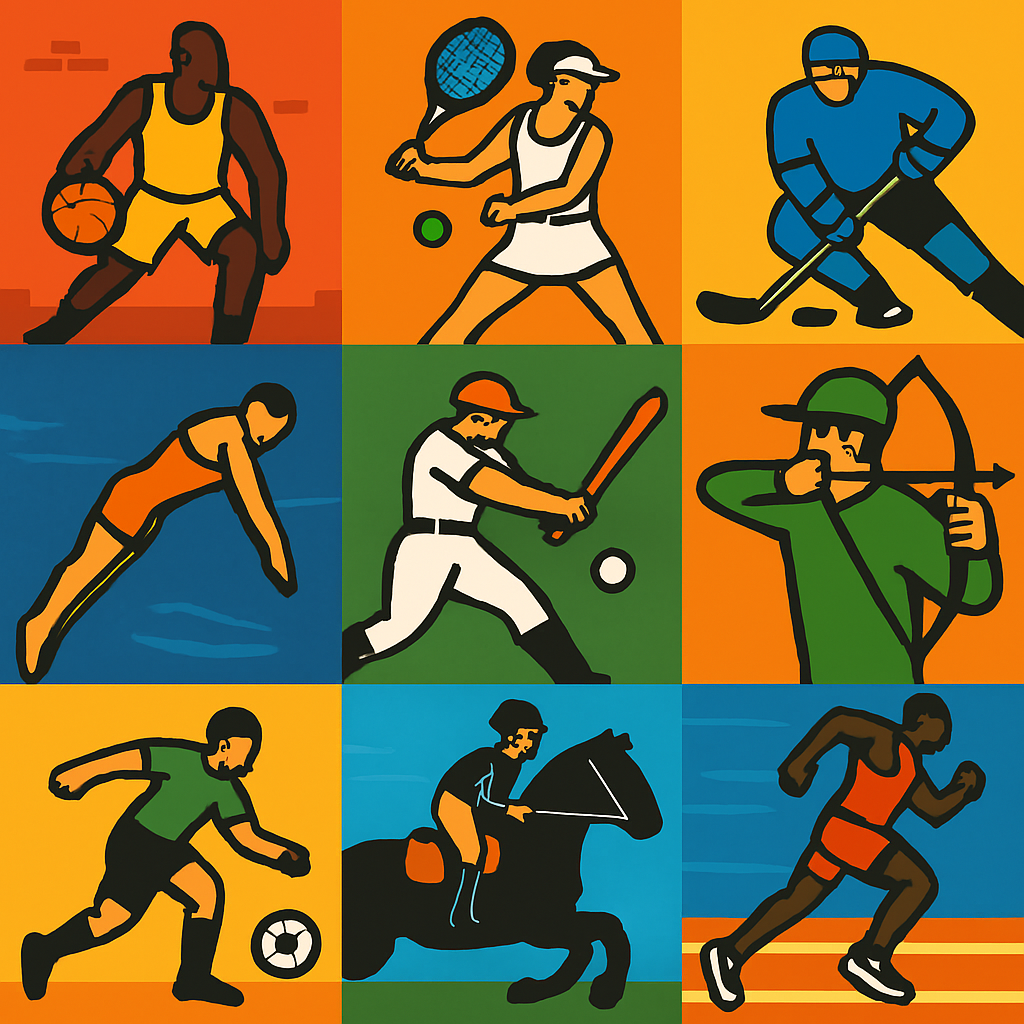
Youth Influence — Role Models and Generational Change
Athletes serve as role models for millions of young people — shaping values, aspirations, and civic engagement. Studies show that youth exposed to activist athletes are more likely to vote, volunteer, and engage in social issues. LeBron James’ “More Than a Vote” campaign mobilized young voters — especially in marginalized communities. Simone Biles’ openness about mental health inspired a generation to prioritize psychological well-being. Marcus Rashford’s work on child hunger influenced school curricula and youth-led initiatives. Young fans crave authenticity — not perfection — and respond to vulnerability and courage. Athlete activism fosters critical thinking — empathy — and ethical awareness among youth. Social media amplifies this influence — creating direct channels for engagement and education. Role modeling is not optional — it is inevitable — and carries ethical weight. Generational change begins with visible courage — and athletes are uniquely positioned to catalyze it. The youth are listening — and learning — often more deeply than adults realize.
Ethical Frameworks — Responsibility and Reciprocity
Ethics in sport extend beyond fair play — encompassing social responsibility, reciprocity, and moral clarity. Athletes are embedded in communities — not separate from them — and their actions have ripple effects. Visibility demands reflection — not detachment — and silence can reinforce injustice. Speaking out is not just a right — it is a responsibility — especially when harm is visible and preventable. Reciprocity means listening, learning, and evolving — not just broadcasting opinions. Ethical frameworks help guide complex decisions — balancing conviction with humility. Institutions must support ethical literacy — not just compliance — enabling athletes to act with integrity. Silence is a choice — and often a privileged one — with consequences for those without voice. Responsibility grows with influence — and ethical engagement must be intentional. Athletes must ask — who benefits from my silence — and who suffers — and act accordingly.
Case Studies — Impact and Legacy
Colin Kaepernick’s protest against police brutality reshaped global conversations — influencing policy, media, and sport. Simone Biles’ mental health stance challenged Olympic norms — leading to institutional reforms and broader awareness. Marcus Rashford’s campaign against child hunger led to policy change in the UK — and inspired youth activism. Megan Rapinoe’s LGBTQ+ advocacy expanded visibility and legal protections — despite backlash. Muhammad Ali’s resistance to the Vietnam War elevated him from athlete to global icon — with long-term cultural impact. Billie Jean King’s fight for gender equity transformed tennis — and workplace norms across industries. Naomi Osaka’s withdrawal from press duties sparked global dialogue on mental health and athlete autonomy. These athletes faced criticism — but built legacy — grounded in courage and clarity. Their impact is measurable — in policy, culture, and public consciousness. Case studies show that speech can lead to transformation — not just controversy.
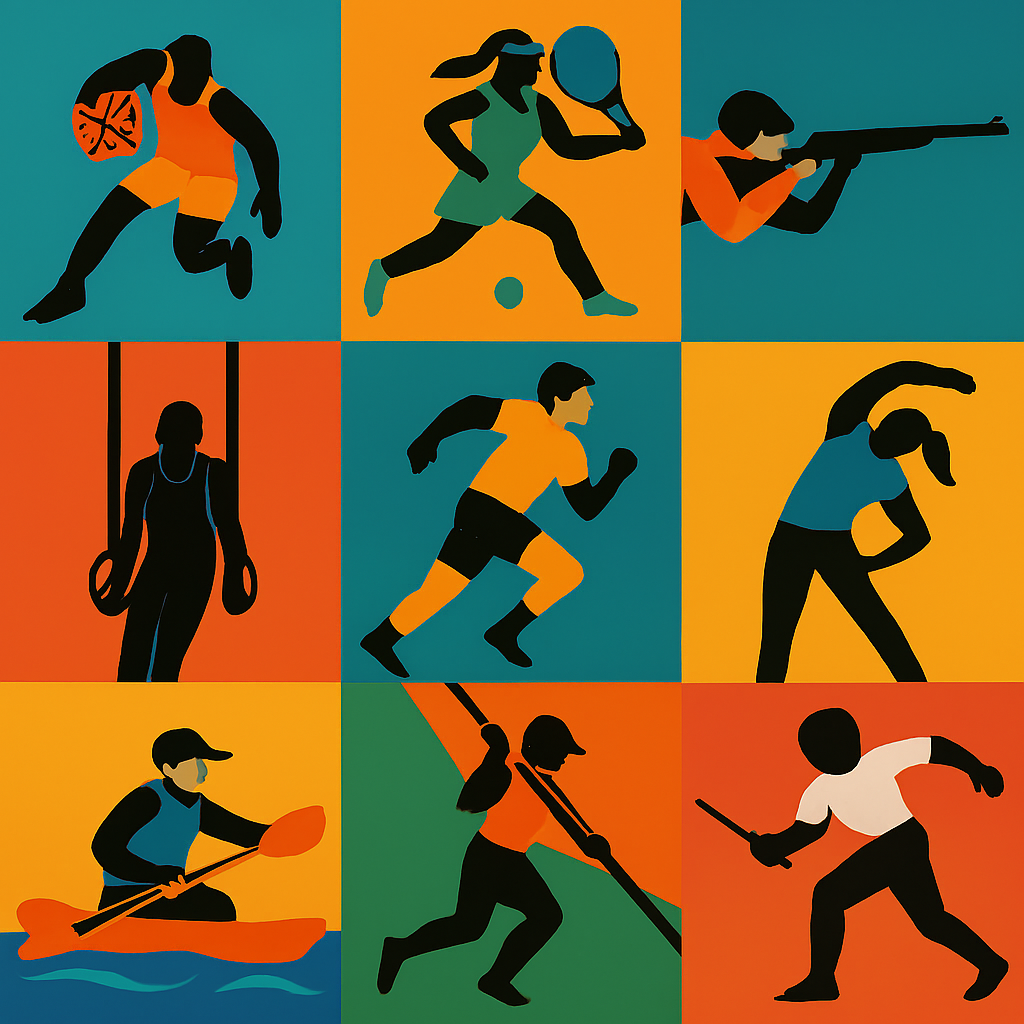
Conclusion — The Game Is Bigger Than Sport
Athletes are not just performers — they are cultural architects with global influence. Their voices matter — because their visibility shapes public discourse and ethical norms. Speaking out is not easy — but often necessary — especially in times of crisis and injustice. Silence can protect careers — but compromise conscience — and reinforce harmful systems. The moral arena is embedded within sport — not separate from it — and demands engagement. Athletes have the right to speak — and the responsibility to reflect — with clarity and courage. Their impact goes beyond medals — into minds, movements, and memory. Institutions must evolve to support ethical agency — not suppress it. The future of sport depends on its moral imagination — not just its physical excellence. The game is bigger than sport — and athletes are already rewriting its rules.
Join the Discussion — Your Voice Matters
Do you believe athletes should speak out on issues beyond sport — or remain neutral? What responsibilities come with visibility — and how should institutions respond? Whether you’re an athlete, fan, educator, or strategist — your insight matters. This is not just a debate — it’s a cultural reckoning. Let’s explore it together — with nuance and respect. The moral arena belongs to all of us — not just those on the podium.
#AthleteActivism #SportAndSociety #EthicalVisibility #MentalHealthInSport #IntersectionalJustice #LegacyBeyondMedals #CulturalResponsibility #YouthAndRoleModels #GlobalAthleteVoices #SportAsResistance #NarrativePower #InstitutionalEthics #MediaBiasInSport #ReciprocalLeadership #TheGameIsBigger


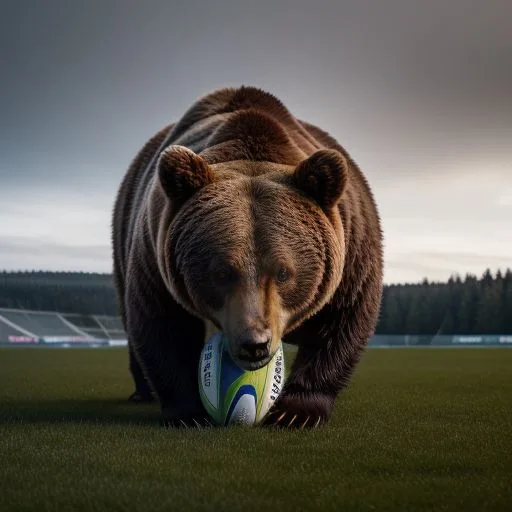


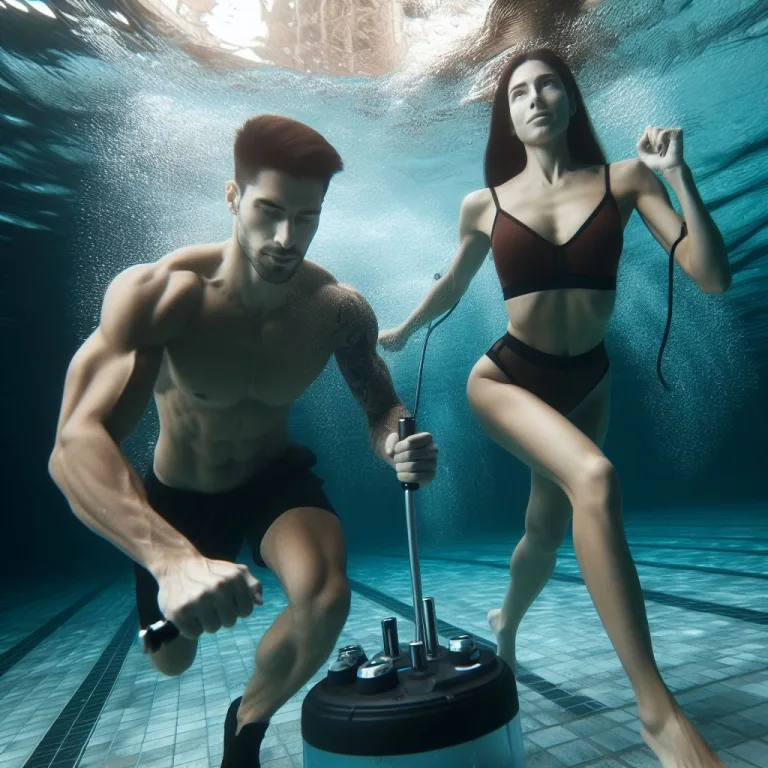

2 Comments
Comments are closed.